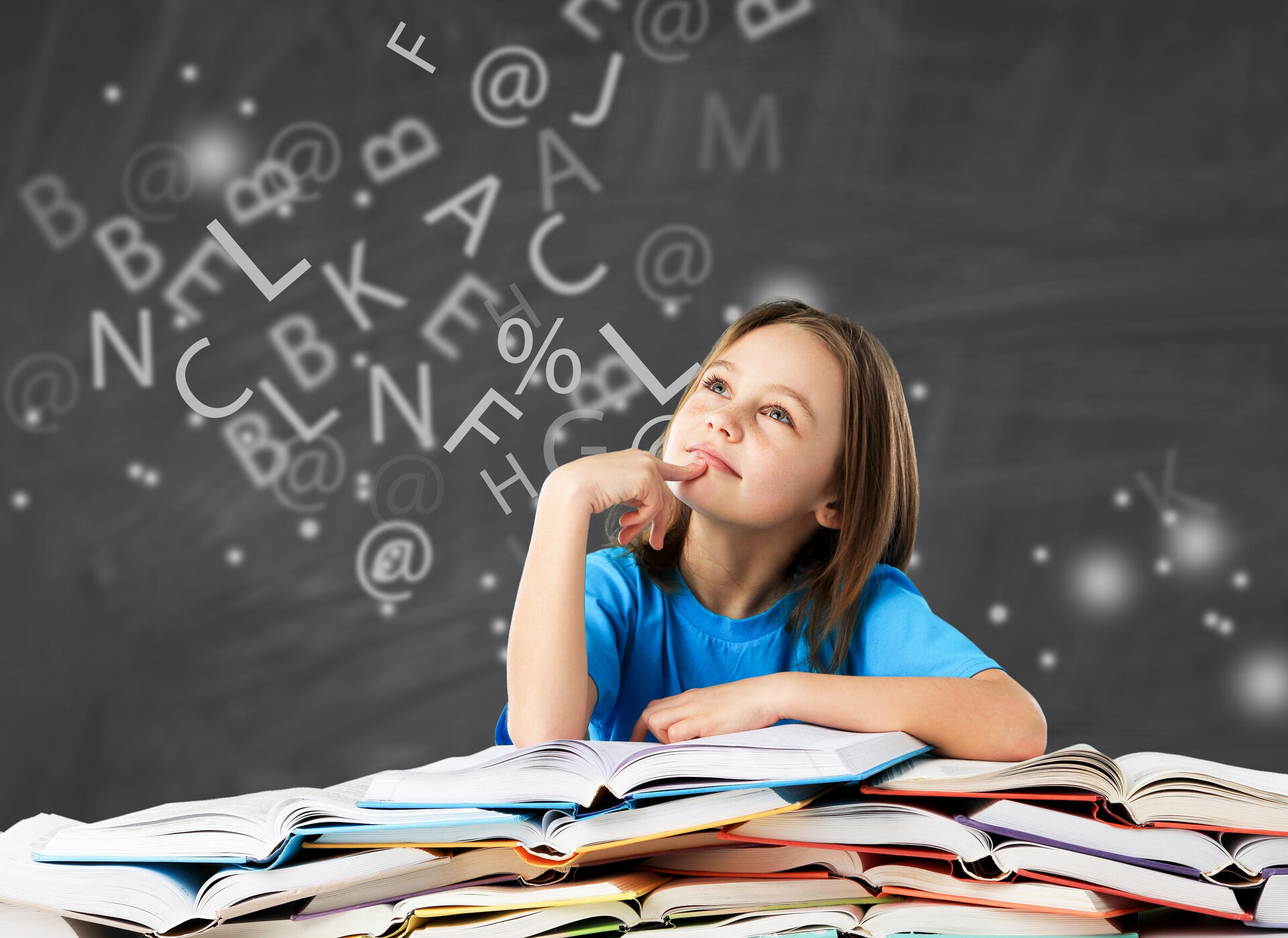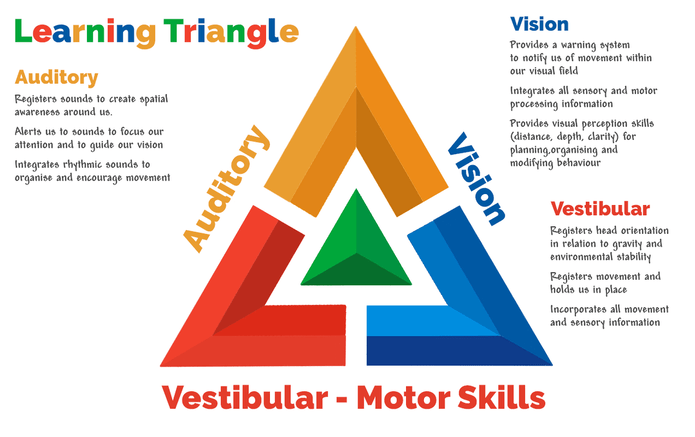DYSLEXIA
Students with Dyslexia often present a complex picture especially when Dyslexia co-occurs with other learning difficulties such as ADHD and Developmental delays.
Does your child seem very intelligent, but has difficulty with reading, writing, spelling, or maths?
Does your child experience any of these reading problems
substitutes words when reading?
omits words when reading.
reverses words when reading?
combines parts of words when reading?
changes the order of words when reading.
confuses visually similar words such as mop/ map.
Does your child have any of these problems while reading?
loses place or skips lines when reading.
uses finger to track lines when reading.
complains of letters or words moving or jumping on the page
Tires very quickly when reading?
Has poor spelling?
Does the child frequently mispronounce words? Often mixing up syllables (pasgetti instead of spaghetti)
Doesn’t talk much but understands what other people sayDyslexia is NOT a sign of poor intelligence. In fact, students with Dyslexia often have a very high IQ but this doesn’t stop them from feeling “dumb or stupid. The emotional consequences of frustration, anxiety, poor self-esteem, low motivation, and tantrums often occur because there are “gaps” in the individual’s developmental sequence. .At Active Listening, we look into the underlying causes of Dyslexia and the developmental skills required before optimal, cognitive learning can occur. The learning triangle is a small section taken from the Learning Pyramid which identifies the major senses that need to work together to improve learning.
The learning triangle also links with research that identifies different types of Dyslexia;
Dysphonetic dyslexia describes those who have difficulty with phonetic analysis. They usually read words as images and often have difficulty reading unfamiliar words and often make wild guesses when reading. Their spelling is also poor. This is the most common form of Dyslexia.
Dyseidetic dyslexia describes those who manage phonetic analysis but have poor visual memory. They sound out the words laboriously as if seeing them for the first time. They have poor spelling which is often irregular.
Audio-visual dyslexics have difficulties with both phonetic analysis and visual memory.
Just because your child passes the current school hearing and vision checks DOES NOT mean they are ready for academic learning. The ear is involved in many areas of development including the three included in the Learning Triangle. Listening programmes work on integrating the visual, vestibular and visual senses to speed up processing and therefore greatly improve reading skills.
Difficulty with reading, spelling and writing skills.
Many students with Dyslexia have struggled since before they started school and their difficulties do not diminish over time. The longer a child struggles the greater the chances of developing anxiety, poor self-esteem, frustration, meltdowns or just feeling unhappy most of the time.
Whether or not your child has diagnosis of Dyslexia or you just know he or she is struggling, with reading, writing, spelling, language or anxiety, our programmes are individualised to fill in the gaps and improve the body and brain connections. Often a child will have difficulties other than the academic skills which are shown in the learning pyramid.




